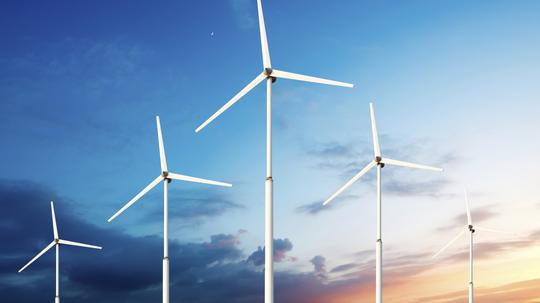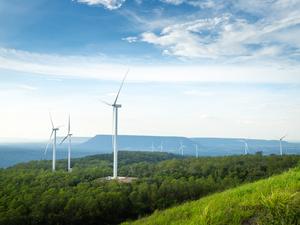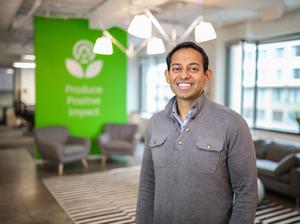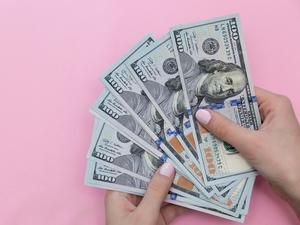
Greater Washington’s clean technology ecosystem is one of the leading hubs in the country. But the region still has some catching up to do.
That’s according to a recent study from Saoradh Enterprise Partners, a Boulder, Colorado, research and venture capital firm, which ranked the 40 strongest clean tech ecosystems in the U.S. — and pegged D.C. at No. 6.
Per the rankings, the metro area sits behind the Bay Area (No. 1), Boston (No. 2), New York (No. 3), Los Angeles (No. 4) and the larger Denver area (No. 5). It’s ahead of Chicago (No. 7), Seattle (No. 8), San Diego (No. 9), Atlanta (No. 10) — and 30 other markets.
But the picture in the environmental sustainability space nationally looks a lot like that of the general venture capital arena. Clean tech companies in California, Massachusetts and New York secure 75% of U.S. VC funding, and 46% of venture-backed companies in that space are located in those three states, according to the report. Across all industries, the numbers sit within just a few percentage points.
SEP’s first annual Cleantech Innovation Hubs Survey built its list based on the notion that a strong innovation hub has “well-funded research institutions, robust technology development, successful startups, and support infrastructure,” it said. And the survey found that emerging clean tech hubs “need more company-building and other technology commercialization resources to reach their potential.”
D.C.’s falls into that group. The region is among those with “notable” clean tech ecosystems and “a high capacity for further growth,” the survey reads.
SEP defines clean tech as encompassing nine sectors: renewable energy, advanced materials, energy storage, smart grid, new mobility, designed environment, carbon and minerals, industry edge and clean food. The study shows a gap in resources going to these areas in many markets — signaling a missed opportunity, SEP Managing Partner Paul Nelson said in a statement.
“With something as urgent as climate change, that’s a stunning oversight. We must optimize where resources are going,” Nelson said. “If investors and other stakeholders pay attention, we’ll be positioned to identify and commercialize untapped tech and direct the resources needed to build a sustainable future.”
Greater Washington counts a handful of prominent and fast-growing environmentally focused ventures as its own, including D.C.’s Arcadia, Chantilly’s TrueAlgae, Tysons-based Senseware and the District’s Aquicore. And more early-stage startups are setting up shop in our backyard.
Local experts agree this ecosystem could one day become a clean tech powerhouse, already equipped with investors and organizations dedicated to startups in the sustainability space. But first, they say, the D.C. area must address long-standing gaps in converting research into revenue-generating products. That means universities, think tanks and local authorities, and the other players in this community, must work together to tap into the commercial market.
“The DMV region has been slow to grasp the importance of addressing the causes of climate change through innovative, commercial solutions over the years, but the word is finally getting out,” Patty Simonton, director of Bethesda Green’s Be Green Business program, told us earlier this year. “The founders have always been there, researching and developing solutions. It’s just that now the ecosystem is better prepared to support them.”




